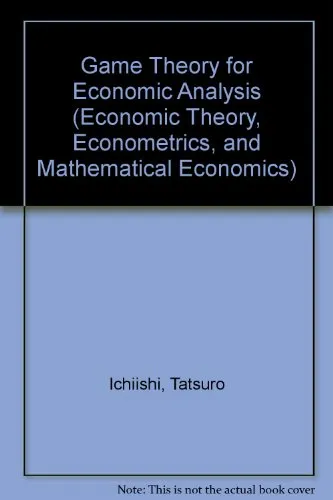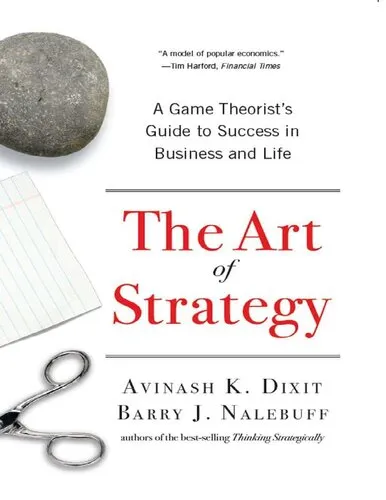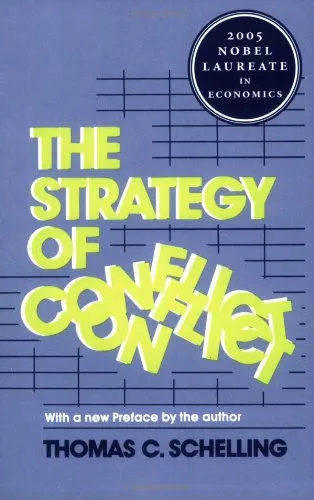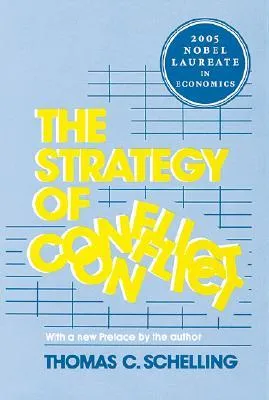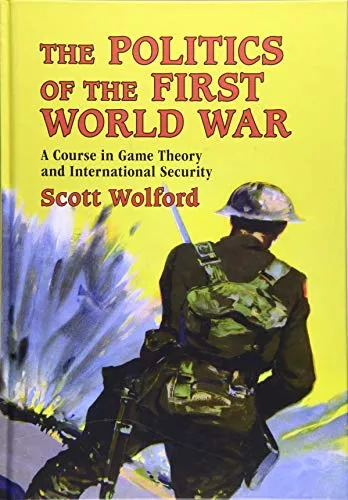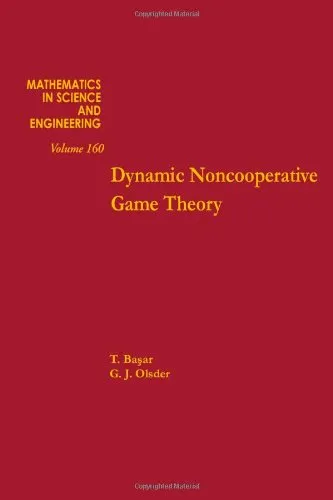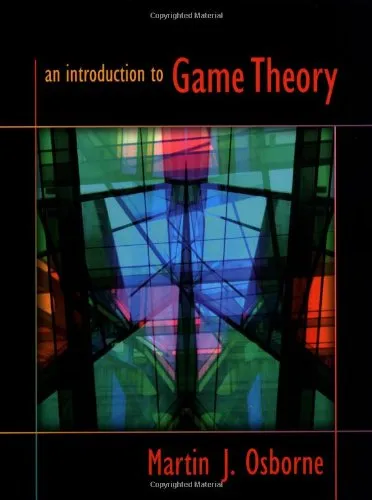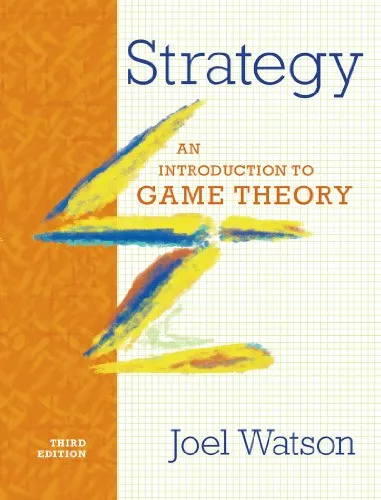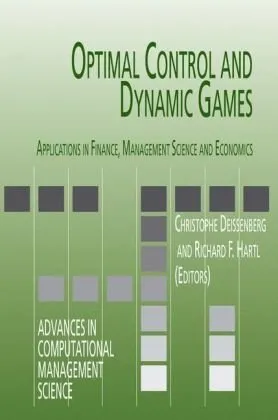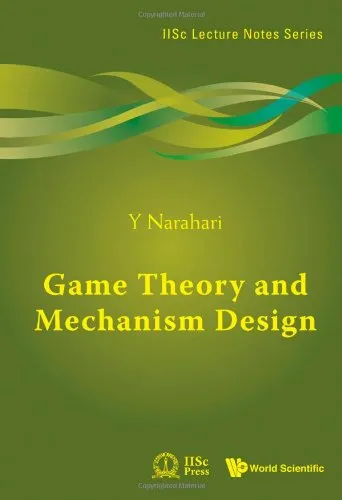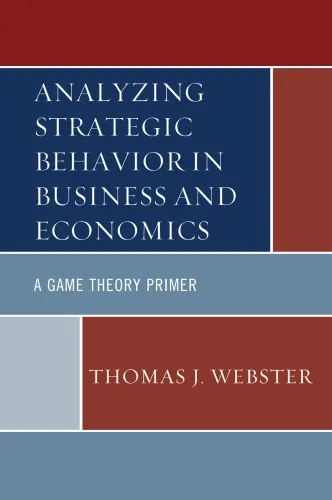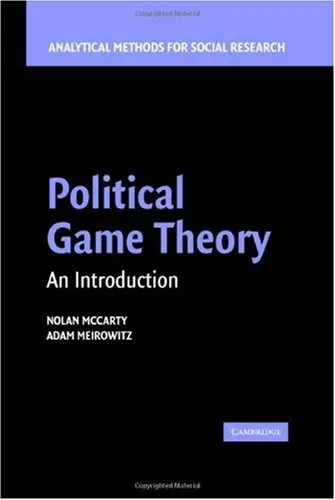Game Theory for Economic Analysis
3.9
Reviews from our users

You Can Ask your questions from this book's AI after Login
Each download or ask from book AI costs 2 points. To earn more free points, please visit the Points Guide Page and complete some valuable actions.Related Refrences:
Introduction to "Game Theory for Economic Analysis"
"Game Theory for Economic Analysis" is a seminal textbook authored by Tatsuro Ichiishi and Karl Shell, designed to bridge the fascinating world of mathematical reasoning and its application to economics. This book serves as an essential resource for both students and professionals interested in understanding the strategic interactions that drive economic decision-making. Through a robust integration of theory, illustrative examples, and problem-solving approaches, this work gives readers the tools they need to apply game theory effectively across a variety of economic contexts.
At its core, the text explores the fundamental principles of game theory and demonstrates how these concepts can illuminate both complex and simple economic systems. By articulating strategic behavior, cooperative outcomes, and competitive dynamics, "Game Theory for Economic Analysis" goes beyond the traditional boundaries of economic theory, offering well-rounded perspectives crucial for real-world applications. Whether readers are delving into industrial organization, market structures, or political economy, this book builds a solid foundation for mastering game-theoretic applications within economics.
Detailed Summary of the Book
The book provides a structured exploration of game theory, beginning with its fundamental concepts and building towards its deeper applications in economics. Early chapters introduce the essential components of game theory, such as players, strategies, payoffs, and equilibrium concepts. These foundational ideas are carefully examined through rigorous mathematical proofs and examples, ensuring readers not only understand these concepts but also learn how to apply them.
Midway through the text, special emphasis is placed on the Nash equilibrium, a cornerstone concept dictating how players in a game reach outcomes where no player can improve their payoff by unilaterally changing their strategy. Other equilibrium concepts, such as subgame-perfect equilibrium and Bayesian equilibrium, are subsequently introduced to address more complex scenarios with incomplete information and sequential decision-making.
In the latter chapters, "Game Theory for Economic Analysis" dives deeper into cooperative game theory, particularly focusing on coalition formation and the Shapley value. By providing examples of cooperative analysis in economic markets and bargaining situations, the book illustrates how collaboration can influence economic outcomes. Ultimately, the book culminates with discussions on repeated games and evolutionary game theory, demonstrating the dynamic nature of strategic behaviors over time.
Key Takeaways
- Introduction to foundational principles of game theory, such as Nash equilibrium and dominance strategies.
- A comprehensive analysis of cooperative and non-cooperative frameworks in economics.
- Real-world applications of game theory in market strategies, bargaining, and industrial organization.
- Insights into more advanced concepts like Bayesian, evolutionary, and repeated games.
- The development of mathematical problem-solving skills specific to economic systems and strategic interactions.
Famous Quotes from the Book
"Game theory offers a unifying framework to interpret the decisions individuals and firms face in a strategic environment."
"Every economic interaction can be boiled down to choices, and every choice carries with it a ripple effect contingent upon the choices of others."
"The equilibrium must reflect not only what is rational but also what is feasible in a world of constraints."
Why This Book Matters
"Game Theory for Economic Analysis" is an indispensable resource due to its ability to transform an abstract mathematical framework into a practical tool for understanding economic behaviors. It matters because it connects theory with reality, showing readers how strategic decision-making governs markets, industries, and even global policies.
This book also stands apart because of its pedagogical clarity and depth. Many game theory textbooks focus excessively on theoretical mathematics, often alienating readers who seek practical applications. By contrast, Ichiishi and Shell manage to maintain a balance by rigorously covering the technical foundations while presenting a wealth of economic examples and cases. These examples make the concepts accessible to practitioners in the fields of economics, business, and political science.
Furthermore, its analytical depth ensures that it remains relevant to recent developments in economic theory and practice. Whether one aims to study industrial competition, understand cooperative market strategies, or prepare for advanced research, this book provides the critical foundation for mastering strategic reasoning in economics.
Free Direct Download
You Can Download this book after Login
Accessing books through legal platforms and public libraries not only supports the rights of authors and publishers but also contributes to the sustainability of reading culture. Before downloading, please take a moment to consider these options.
Find this book on other platforms:
WorldCat helps you find books in libraries worldwide.
See ratings, reviews, and discussions on Goodreads.
Find and buy rare or used books on AbeBooks.
1490
بازدید3.9
امتیاز0
نظر98%
رضایتReviews:
3.9
Based on 0 users review
Questions & Answers
Ask questions about this book or help others by answering
No questions yet. Be the first to ask!
